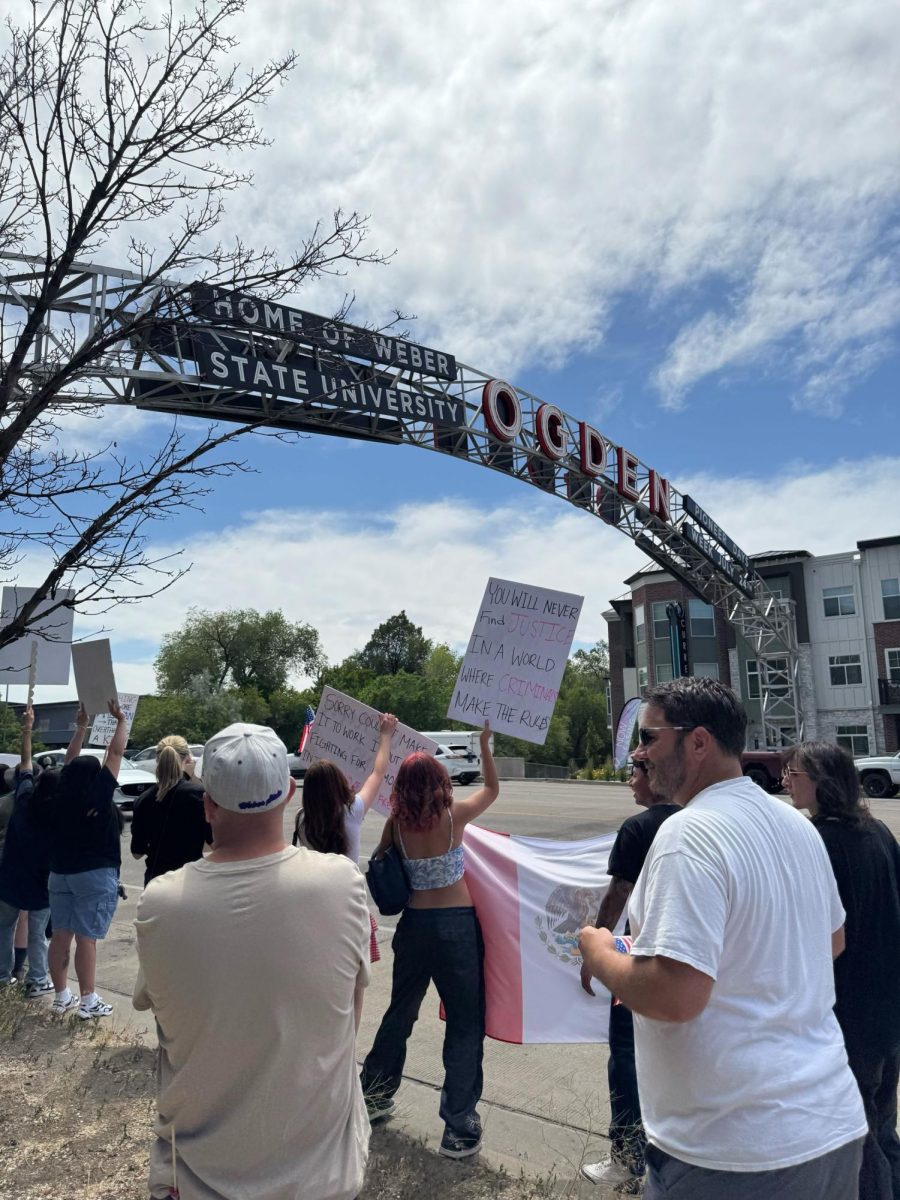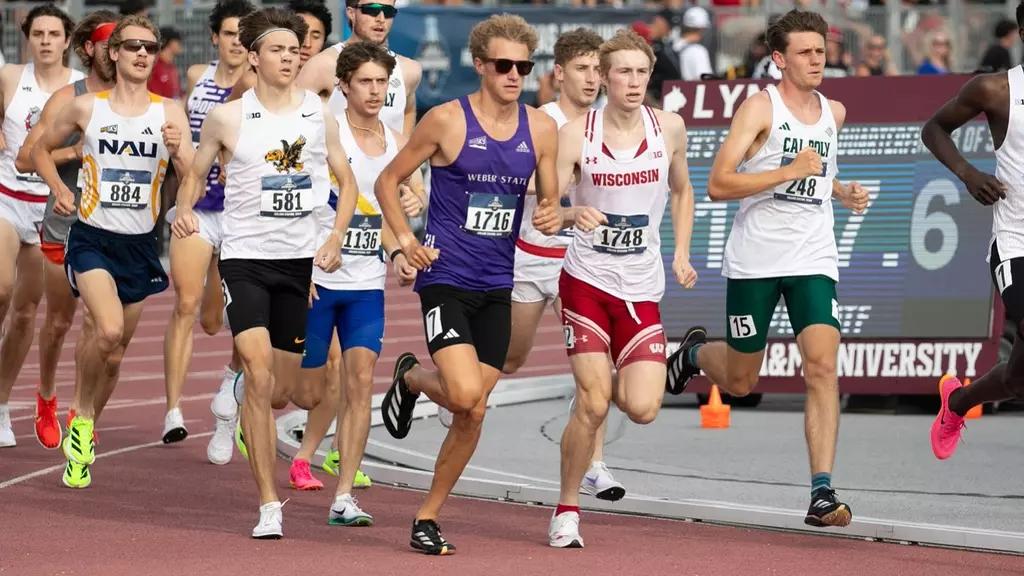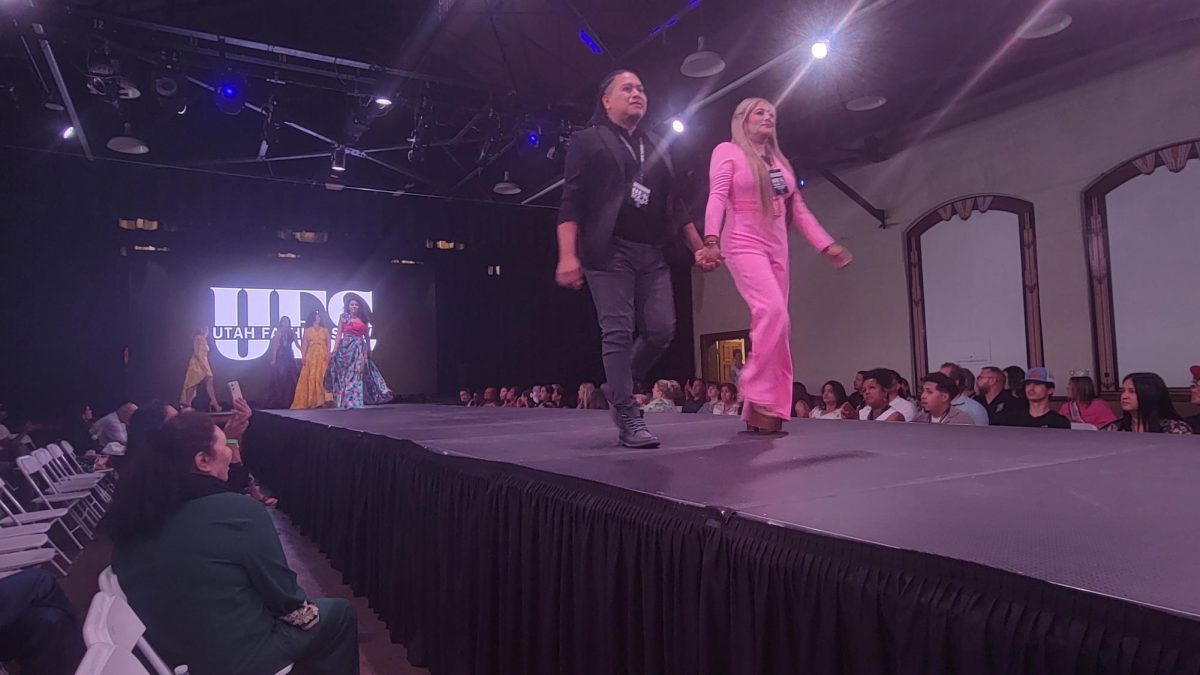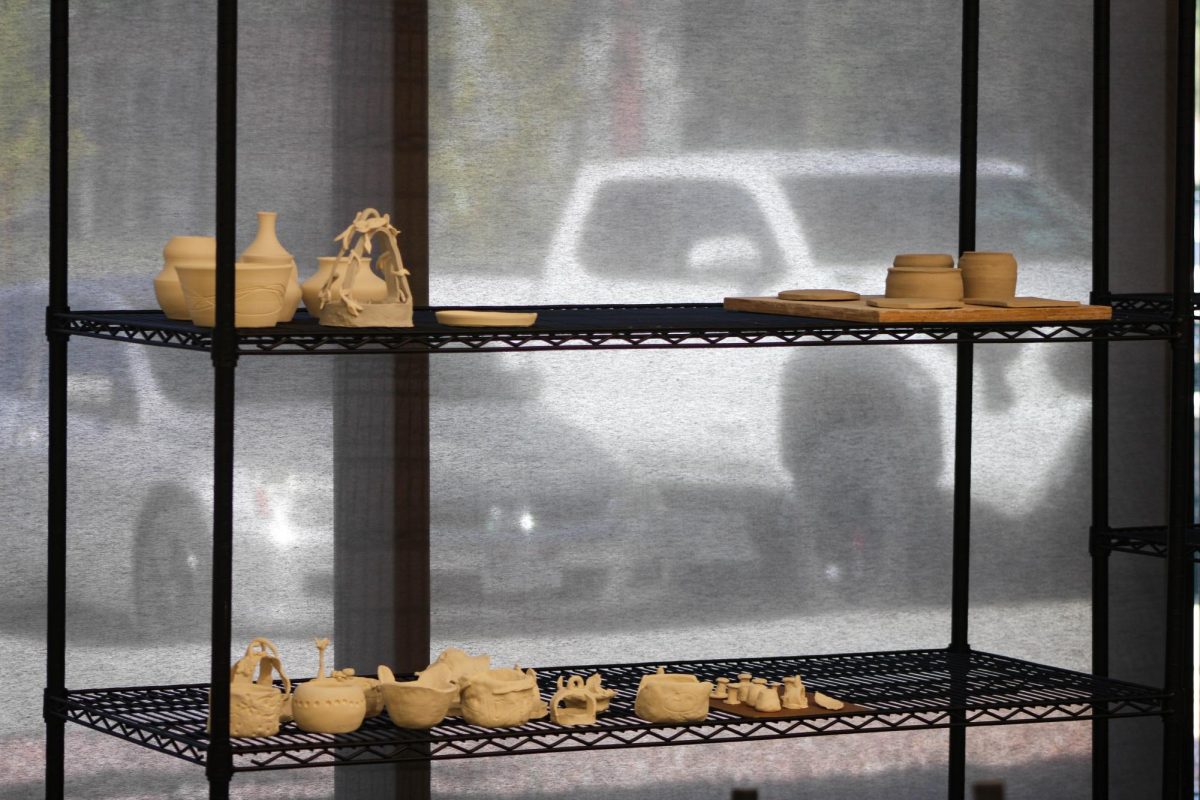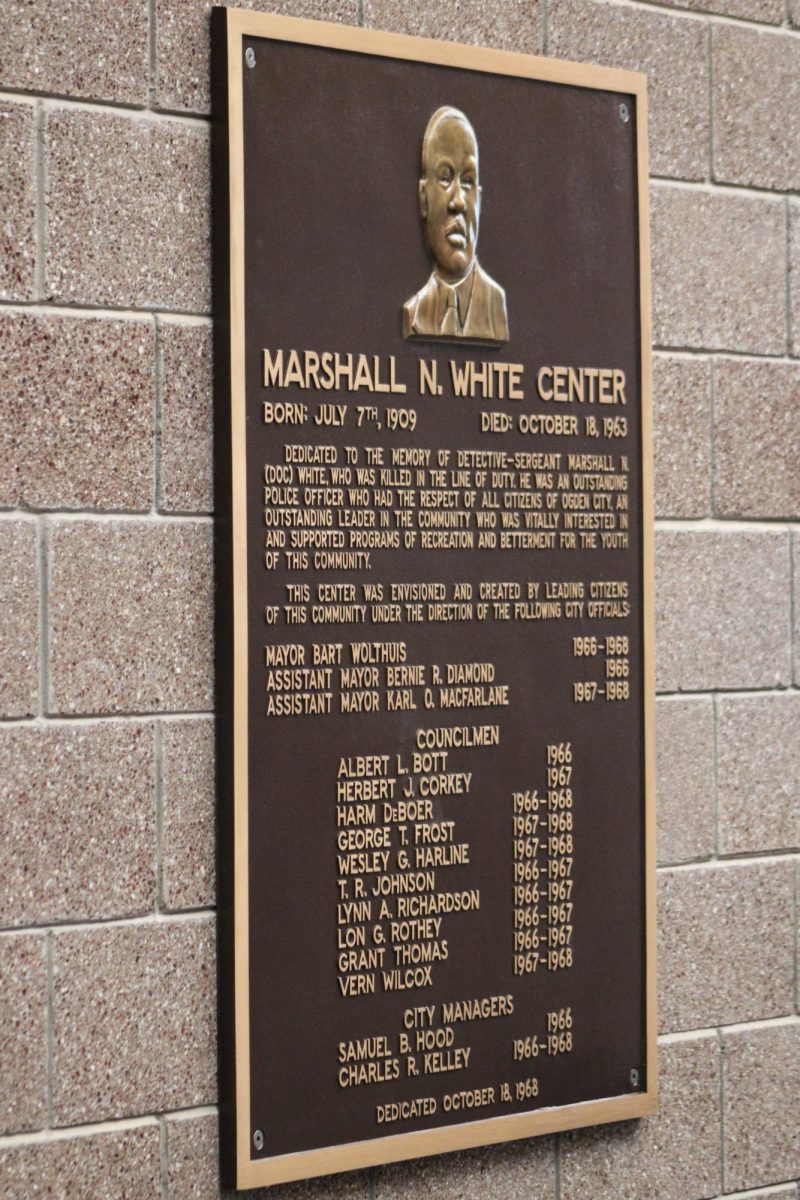Snow has always been an integral piece to the Utah’s ecosystems. Finding connections to the natural landscape is especially important to new author Ayja Bounous, whose entire life has been enveloped in snow.
Bounous is a Utah Native and Snowbird descendant. Over the past three years, she has been tackling the bigger questions people often times neglect and finding the balance between convenience and desire and taking strides away from those for an effort towards sustainability.
When Bounous started writing her book, “Shaped By Snow: Defending the Future of Winter,” she didn’t have any direction in mind. As she started peeling back the layers of her family history and the natural history around her, she realized snow had not only physically shaped the canyons she loves, the family she stems from, and the personal relationships she invests her time into, but it’s the reason all four of her grandparents and parents met.
“The Wasatch is as much a part of me as my bones, and blood. Snow is the fabric that ties me to the Wasatch. It is the glue that binds me and my family to the Wasatch,” Bounous said. “If climate change causes snow to stop falling, I won’t just mourn snow. I will mourn the places that snow shapes: alpine ecosystems, glaciers, mountain ranges, watersheds, rivers, our climate, and the beautiful ski community I grew up a part of.”
Ayja’s family has played an important role in the Wasatch Mountain since the 1970s. Her Grandfather, Junior Bounous, has been known as a “Pioneer in the American Ski Industry.” In 1970 Junior was asked to help map out an area for a new ski resort in Little Cottonwood Canyon, called Snowbird Mountain Resort.
Junior Bounous was in charge of designing all the ski runs and altering the landscape for the best possible skiing experience. He later became the first Ski School Director. Ayja’s father Steve Bounous followed in his dad’s footsteps by becoming the executive director and coach of the Snowbird Sports Education Foundation.
“Because my family is so involved in the ski industry here in Utah, I wanted to have a place in the Wasatch, although I’m not a coach, and I’m not an instructor,” Bounous said, “Through my Environmental Humanities degree at the University, I began to realize that I could continue this legacy through the story of snow in the Wasatch.”
Through Bounous’ experiences skiing, she has realized that people in the industry are not talking about climate change, although we are all at fault. The ski industry itself is responsible for detrimental effects on alpine vegetation, the water use of artificial snow, wildlife disturbance, and carbon emissions. If you take into consideration Utah having “The Best Snow on Earth,” people travel from all over the world to experience it. Taking airplanes, driving up our canyons, staying in hotels, it can all have an overall negative environmental impact.
“In the deepest part of my heart, I still believe that skiing overall is a positive thing, getting people out on the mountain, and connecting them to the landscapes, and their surrounding environment,” Bounous explained.
“In the fast-paced nature to the ski industry, people tend to think, ‘oh it’s a powder day, let’s go sit in traffic for hours, and get as many turns as we possibly can.’ And, resorts want to make money off of this powder hype. They want people to keep coming back for more, whether that means creating artificial snow through unrealistic seasons, or promoting our snowpack all across the globe,” Bounous continued.
“Snow takes you into another world of existence, where you’re willing to get on a ski lift in below zero temperatures, heavy winds, overall miserable conditions, and yet you’re excited to go to the top of the mountain to embrace nature,” said Bounous.
She believes that if we can translate all this excitement for skiing towards climate change, we could catalyze a massive shift in perspective. The ski community could be a huge force for good in climate policy, and discussion.
Bounous believes that voting is our biggest weapon at the moment to spark a climate revolution. Getting the people who have higher consideration for our environment into congress to speak up for what is intrinsically most important. On a more local level, writing to our representatives, showing up for public discussions, and making your purpose and presence known is another way to spark a revolution.
Since writing her book, Bounous has felt a lot of pressure from climate change and how it affects our personal future. She asks questions about having children, choosing relationships, and altering our lifestyles to be more sustainable. There is also the need to compartmentalize the aspects of enjoying life while also taking seriously the state our environment is facing because of us. Choosing the let go of convenience, and the fast pace of life and building more respect for the earth will help lessen the pressure everyone faces because of climate change.
“I am hoping that my book will be a microcosm of the larger global climate discussion, including the economic impacts, and social aspects of climate change,” Bounous said. “To create a more holistic view of snow in the Wasatch, and how it affects all parts of this ecosystem. To consider what this will mean for our culture, our relationships, and our identity that are so closely wound with the land.”



